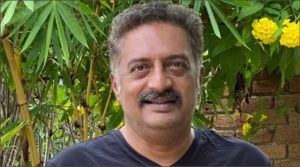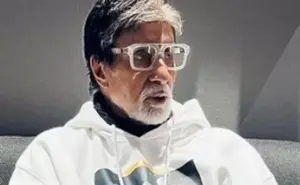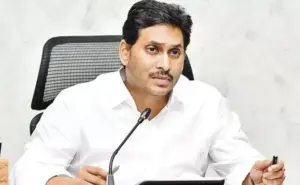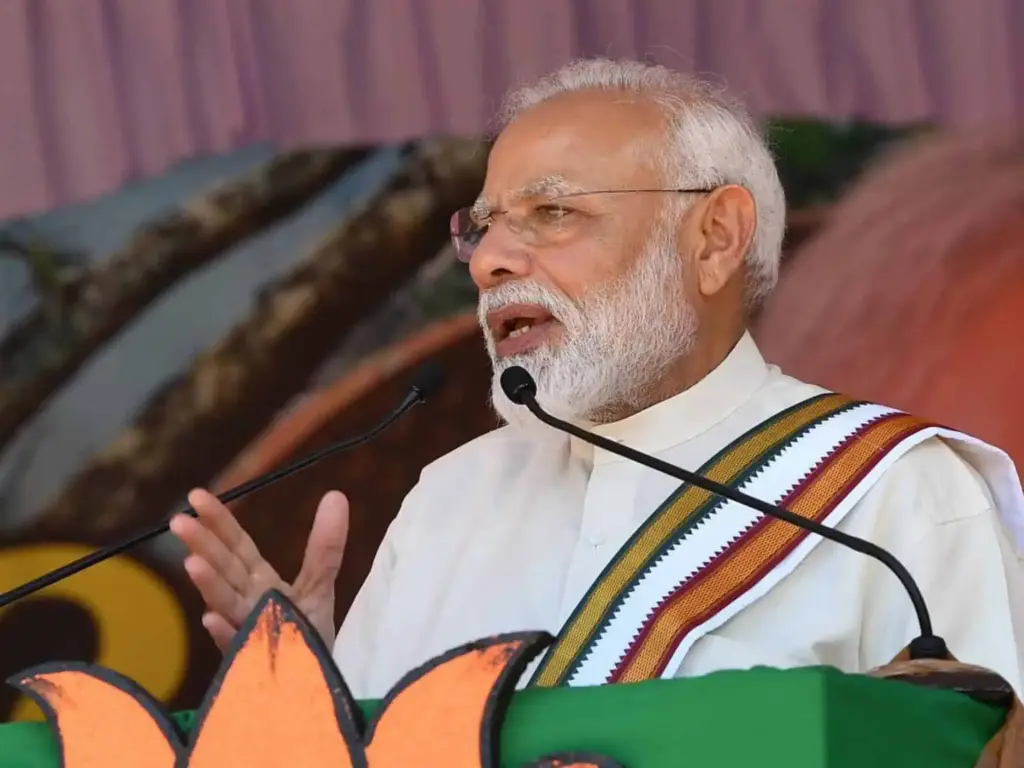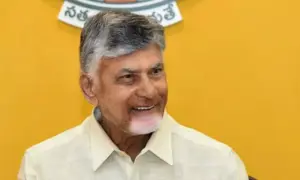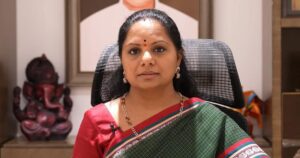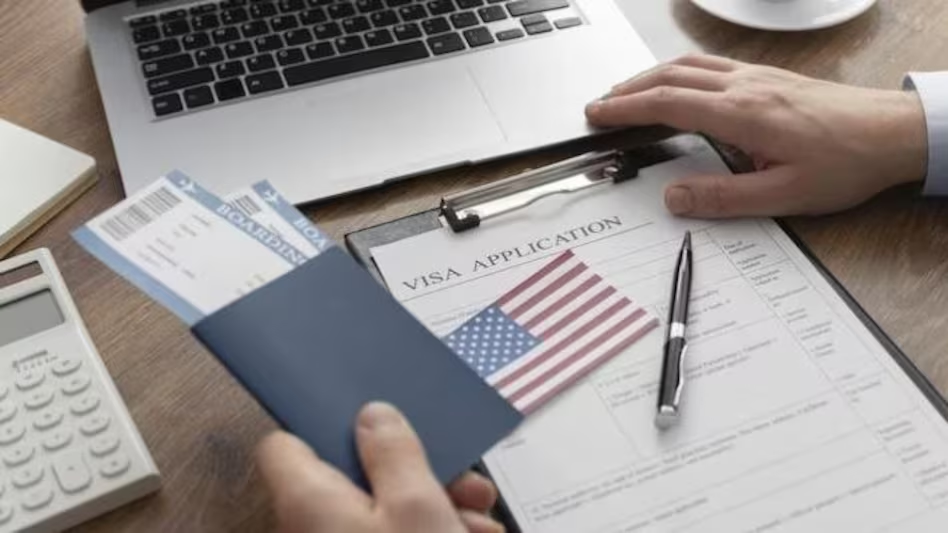
As the inauguration of President-elect Donald Trump approaches on January 20, debate surrounding the Optional Practical Training (OPT) program has intensified. A key resource for international students, particularly those from India seeking H-1B visas, the OPT program has come under scrutiny, with critics claiming it undermines job prospects for American graduates.
The OPT program allows international students to gain temporary work experience in the United States after graduation, serving as a stepping stone toward securing long-term work opportunities through H-1B visas. However, its role in the labor market has sparked controversy, with opponents arguing that it facilitates unfair competition for U.S. workers.
Among the most vocal critics is the US Tech Workers group, which has described the OPT program as a “guest worker program disguised as an internship.” In a recent post on social media platform X, the group stated, “Universities are selling work permits instead of education. Created without proper legal authority like DACA, Trump should end OPT to safeguard job opportunities for American graduates.”
Although Trump’s campaign rhetoric has largely focused on curbing low-skilled and unauthorized immigration, some of his supporters are calling for stricter policies on H-1B visas, which are predominantly issued to Indian nationals. They argue that these visas displace U.S. workers and compromise domestic job opportunities in the technology sector.
Support for OPT and H-1B
Despite the criticism, Trump and notable figures such as Elon Musk and Vivek Ramaswamy have defended the OPT and H-1B programs. They stress that these initiatives are essential for attracting skilled foreign talent and addressing the U.S. engineering talent gap.
The OPT program remains particularly valuable to international students on F-1 visas, offering up to 12 months of work authorization, with an additional 36-month extension for STEM graduates. This extension has made OPT a popular option for students in science, technology, engineering, and mathematics fields.
Indian students, the largest group of international students in the U.S., rely heavily on the program. During the current academic year, around 97,556 Indian students—representing 29% of all Indian international students—are enrolled in OPT, a notable increase from 69,062 in the previous year.
Legal and Policy Challenges
Opponents of the program, particularly those concerned with the STEM extension, argue that it creates unnecessary competition for U.S. citizens. In 2023, the Washington Alliance of Technology Workers (WashTech) challenged the program in court, claiming it harms American workers. Although the U.S. Supreme Court declined to hear the case, allowing a lower court’s ruling in favor of the program to stand, the criticism continues.
Much of the backlash stems from policy changes during the Obama administration, which extended the STEM OPT period from 29 months to 36 months. Critics view this extension as a loophole enabling foreign graduates to remain in the U.S. workforce for extended periods, intensifying competition in high-skilled job markets.
As the debate over skilled immigration continues, the future of the OPT program remains uncertain, with both supporters and critics closely monitoring any potential policy changes under the Trump administration.
Recent Random Post:

